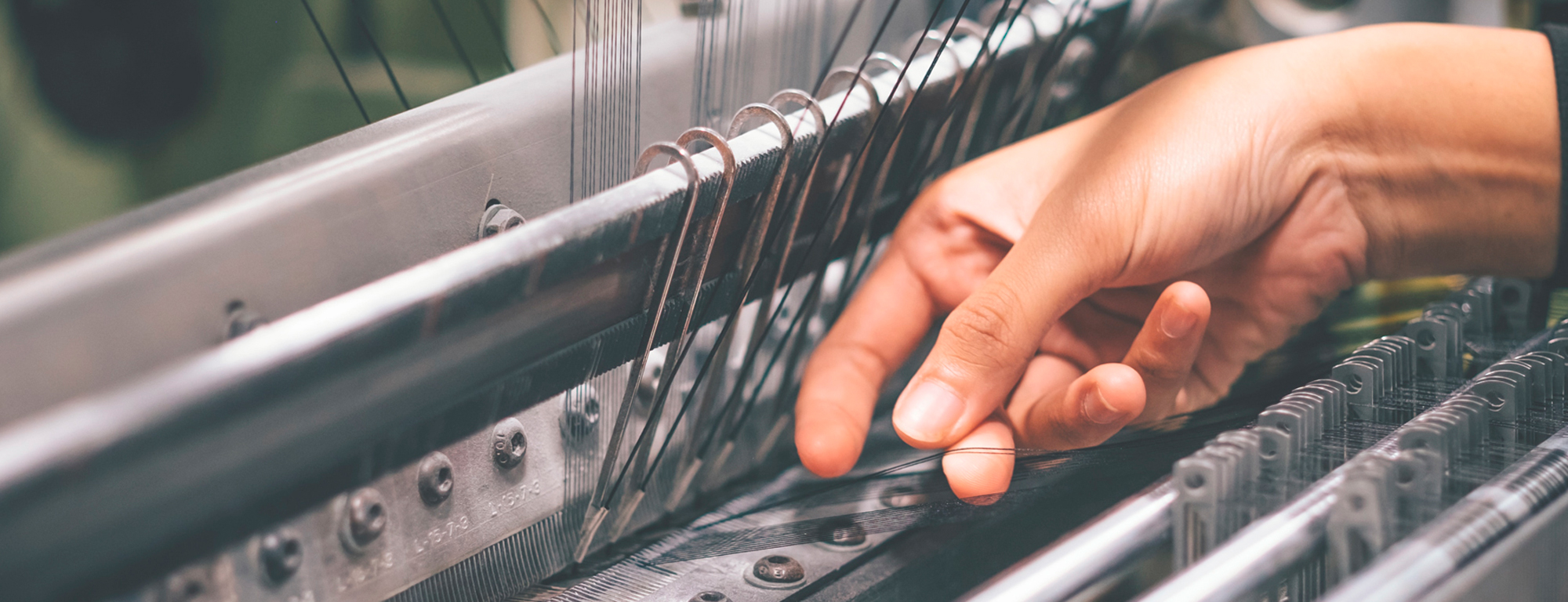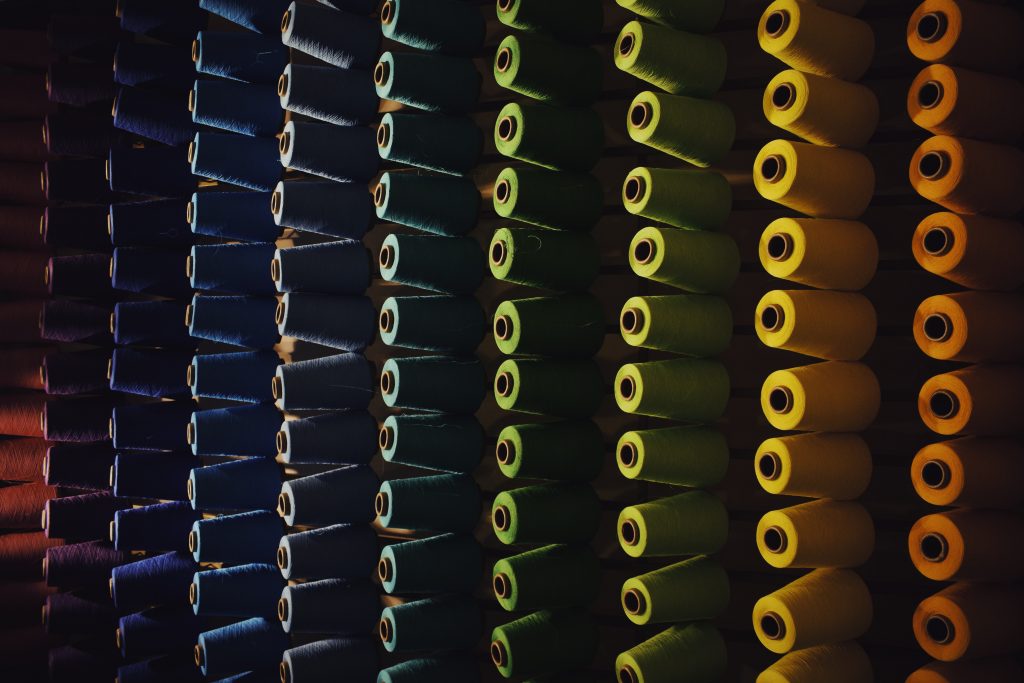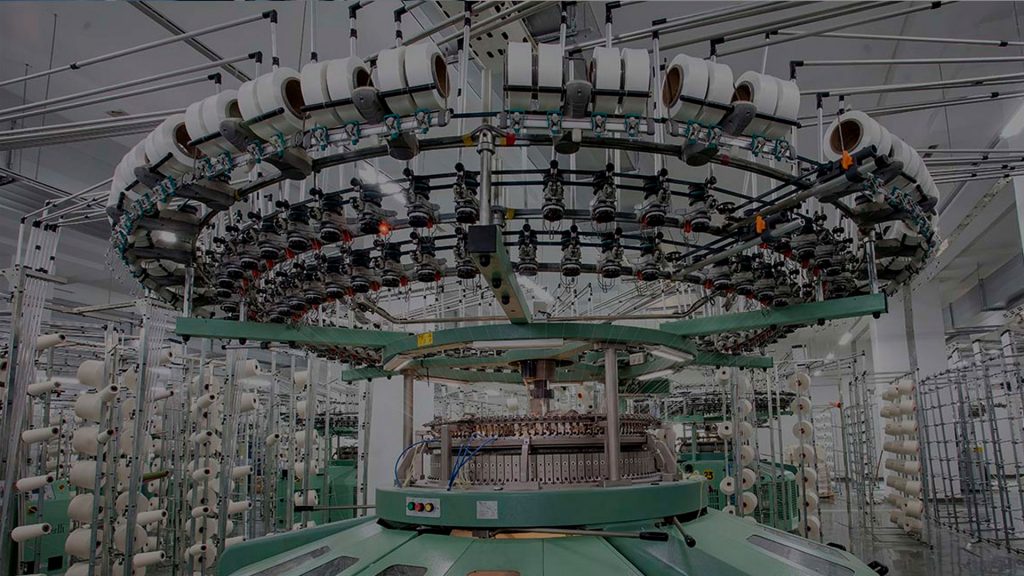The textile fashion industry is a world of creativity and efficiency in constant evolution. To make your designs materialize successfully, choosing the right supplier is essential. From communication to production, every step counts on this collaborative journey. Do you have doubts about choosing the best supplier for your textile manufacture? Discover all you need to know to choose sustainable textile manufacturer supplier accordingly to your brand requirements.
Clear communication: the bridge between design and production with your sustainable textile manufacturer supplier
Fluid and clear communication between your design team and the international manufacturer is the foundation of a successful project. Collaboration begins with a mutual understanding of ideas and expectations. Establishing effective communication channels and maintaining a constant dialogue ensures that your concepts are faithfully transmitted to the provider. Technology, such as meetings and collaborative management platforms, can be your best ally in this process. From the choice of materials to the most precise details, each information shared contributes to the smooth progress of production. The best recommendation is to make a summary of all the changes that are made in the designs of the garments or in the collections of accessories.
Smart design: products that take advantage of the supplier’s capabilities
Designing for efficient production is an art that can make all the difference. Before diving into the creative process, understand the supplier’s manufacturing capabilities. Designing products that align with their expertise and resources will avoid unnecessary work and delays. Establish early collaboration between your design team and the manufacturer to identify key optimization points. By aligning your creations to the supplier’s strengths, you not only ensure a high-quality product, but also maximize efficiency and minimize costs. Manufacturing in Asia must have the right timing as a prerequisite, due to the need for additional shipping days compared to manufacturing in Europe or in close proximity such as Spain and Portugal.
The importance of prototypes and samples: steps that should not be omitted
Prototypes and samples are the testing ground before full-scale launch. Don’t skimp at this stage, as this is where potential tweaks and improvements are identified. These prototypes are an investment that saves you time and resources in the long run. They also allow you to assess the feasibility of production and the quality of the final product. It evaluates every detail thoroughly, from the materials used to the final aesthetics. Supplier feedback is invaluable at this point, as their experience can provide valuable insights to refine the design before it reaches the market. The importance of the Asian manufacturing process is not only to ensure a high quality product, but also to maximize efficiency and minimize costs.
Collaboration as a key to success
Selecting the right supplier in textile manufacturing is a process that requires careful planning and close collaboration. Clear communication, intelligent design and prototyping are essential pillars to ensure that your designs are successfully brought to life. The textile industry is a vibrant and competitive arena, where the relationship between designers and manufacturers determines the final outcome. Efficient collaboration not only ensures the quality of your products, but also establishes a solid foundation for future projects.
The search for the perfect partner: sustainable textile manufacturer supplier
The search for a suitable supplier in the textile fashion industry requires a strategic approach. Here are some key guidelines to take into account when making this crucial decision:
- Experience and specialization: Investigate the supplier’s experience in textile manufacturing. Have you worked on similar projects in the past? A company with a solid track record in your niche market can better understand your needs and challenges.
- Production capacity: Evaluate the supplier’s ability to manage the required production volume. Can they meet your demand and meet the established deadlines? Adequate capacity is essential to avoid delays and ensure the constant availability of your products.
- Quality and standards: quality is a non-negotiable factor in textile fashion. Request samples from previous work and check if they meet your quality standards. Make sure that the supplier has relevant certifications that support the quality of its production.
- Location and logistics: Consider the geographical location of the supplier. Are they strategically located to reduce shipping costs and speed up delivery? A convenient location can streamline the supply chain.
- Technology and innovation: The fashion industry is constantly evolving. A supplier that adopts innovative technologies, such as digital manufacturing and product traceability, can offer competitive advantages.
- Communication and flexibility: Effective communication is essential. Is the provider willing to maintain constant communication and respond to your concerns? Flexibility to make adjustments and adapt to changes is also essential in a successful collaboration.
- Sustainability: Sustainability is increasingly important in the industry. Make sure that the supplier shares your values in terms of sustainable practices and environmental responsibility.
- References and testimonials: Look for references and testimonials from other customers who have worked with the supplier. This will give you a more complete perspective of their performance and commitment.
In short, the selection of the right supplier in textile manufacturing is a strategic decision that can significantly impact the success of your designs and products. Effective collaboration, from transparent communication to intelligent design and the prototype phase, is the heart of this joint collaboration. In addition, considering key factors such as experience, quality and flexibility will help ensure that your choice is the right one.





